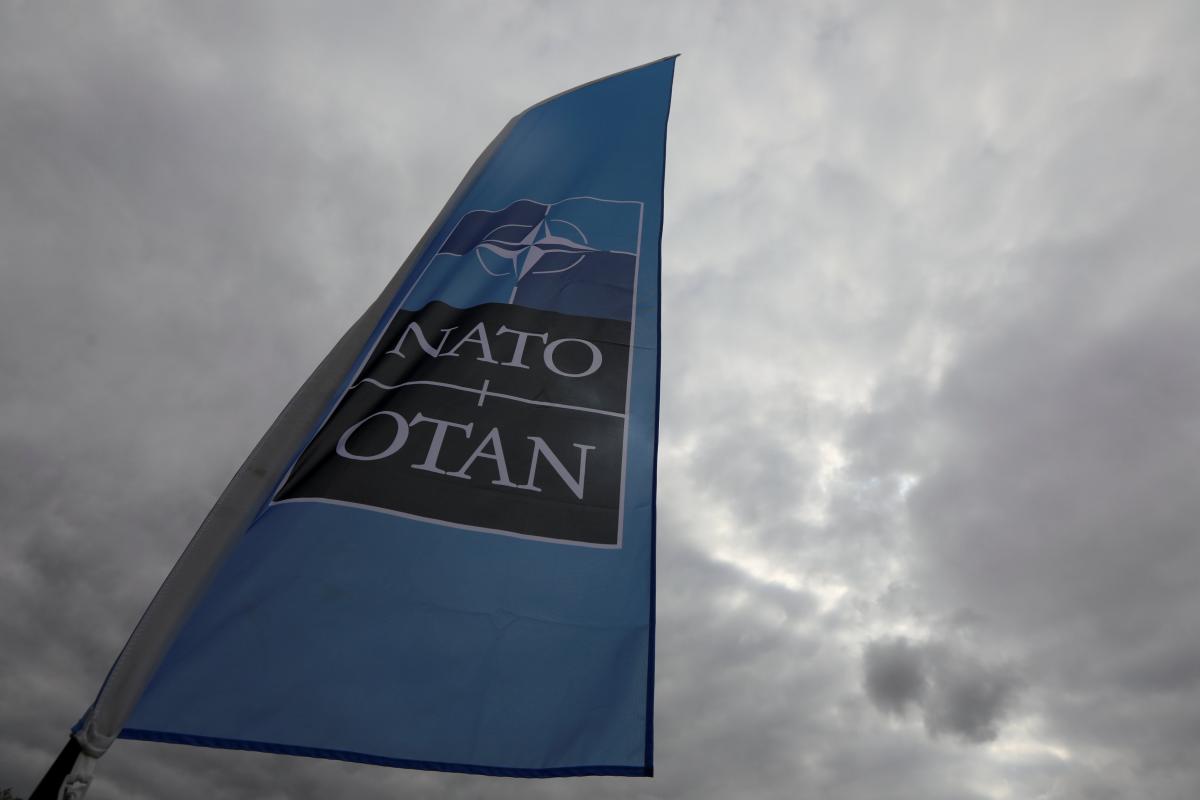
NATO Secretary General Jens Stoltenberg says the Alliance is concerned over the situation in the Sea of Azov caused by Russia's activity there.
"We follow the situation in the Azov Sea very closely and we are concerned because what we see is that Russia is impeding normal civilian traffic, commercial vessels, and, of course, that's a problem for Ukraine, which has seen that normal traffic from some of its harbours – in Mariupol and other places - has been impeded or there have been problems with the normal traffic in and out," he said at a press conference in Brussels on October 3. "And I think just is one example of a pattern we have seen, that Russia illegally annexed Crimea, then continued to destabilise especially Donbass, but also through the activities in the Azov Sea they continue to try to destabilise Ukraine."
Stoltenberg also reiterated that the Alliance continues providing support to Ukraine.
"So, what NATO does is that we provide political support, practical support, partly within the different NATO programmes, trust funds and so on, but of course NATO Allies also provide support bilaterally to Ukraine, and again this is about partly political, helping to modernise the Ukrainian armed forces, the security institutions, different trust funds, but also about equipment and other kinds of direct support. This was something we discussed when we met [Ukrainian] President Poroshenko here in July [the NATO summit in Brussels]. It was also something I discussed briefly with him when I met him in New York recently, and NATO will continue to provide support to Ukraine, but of course we also strongly support the efforts to find a political solution to fully implement the Minsk Agreement, which is the only viable way to a peaceful settlement of the conflict and the problems we see in and around Ukraine, including the Azov Sea," he added.
Read alsoReuters: Ukraine needs Azov Sea base to counter new Russian threat, military chief says
As UNIAN reported earlier, Russian border guards in the second half of April began stopping and inspecting foreign vessels navigating to/from Ukrainian ports. The State Border Service notes that Ukraine has been a hostage to the situation since 2004, namely, under the Agreement on Cooperation between Ukraine and the Russian Federation in the Sea of Azov and the Kerch Strait, which defines the Azov Sea as a sea of internal use by the two states. Thus, both Russian and Ukrainian border guards are entitled to inspect vessels, which, in their opinion, cause suspicion.
Secretary of the National Security and Defense Council of Ukraine Oleksandr Turchynov stated that the military and political leadership of the Russian Federation regards the Azov-Black Sea region as an important springboard for further expansion.

